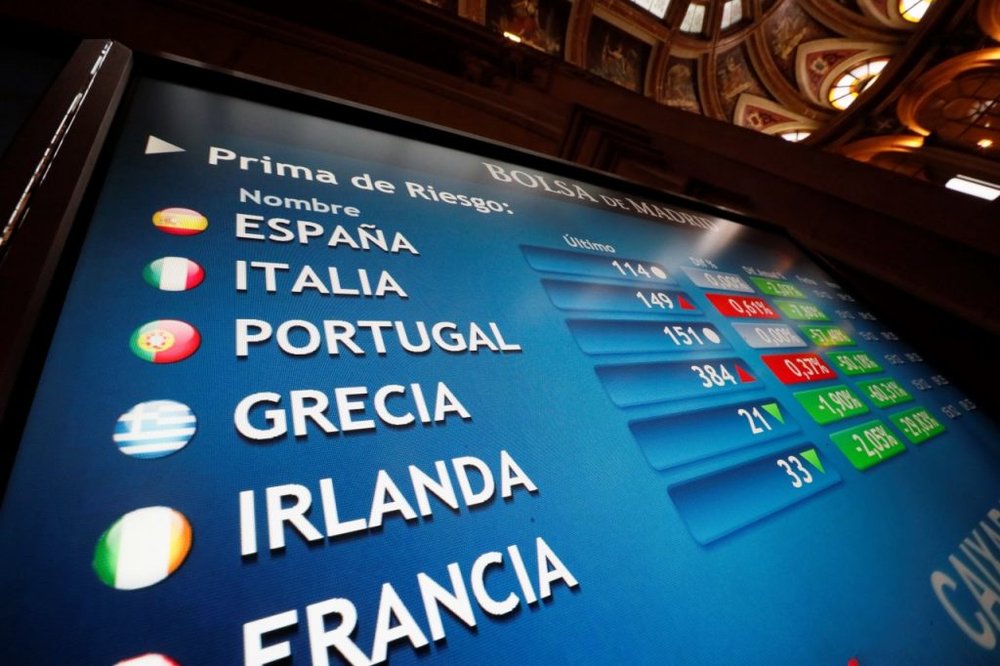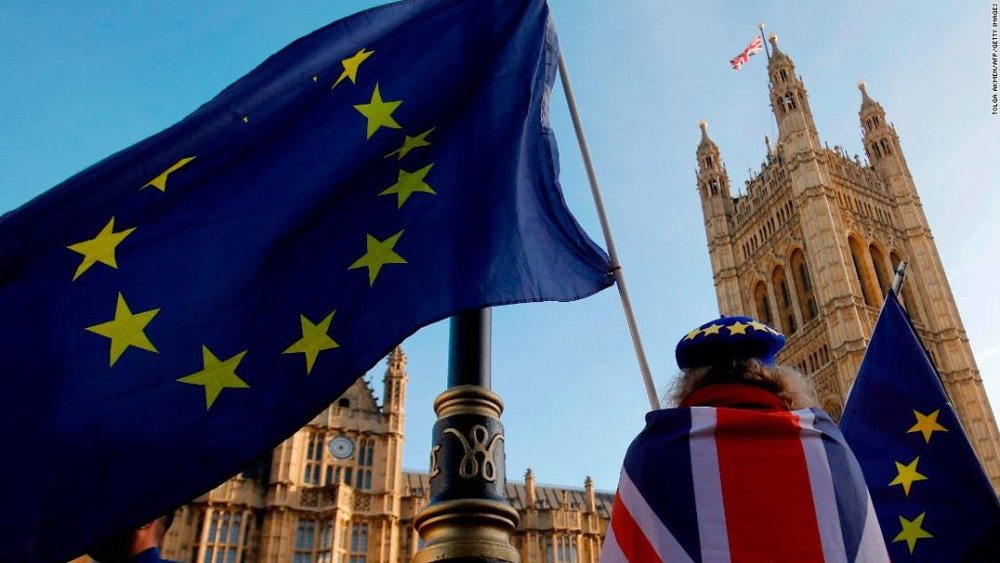Lately, the European market has been the subject of focus amid fears of a massive economic slowdown in the months to come.
This is the case after China revealed that it was experiencing retail sales that were weaker than what was the expectation on Friday last week.

The Slowdown in growth of the European market is affecting stock value
A Crippled European Market
As a matter of fact, the sector has grown at its weakest pace ever since November of 2003, which has translated to disappointing domestic as well as industrial figures that have disfigured China’s massive economic reputation.
Additionally, European data itself is not looking to cozy for investors, as the HIS Markit Flash Eurozone PMI index recording a massive decline, settling at 51.7 this December, which translates to the lowest it has been in the past four years.
Moreover, auto stocks also were at the forefront of losses recorded on Friday last week, settling in at a trade that was 1.29 percent lower.
Indeed, the likes of Fiat Chrysler, Renault, and Volkswagen were at the forefront of this decline having an 8.1 percent dip in car sales in Europe, which is considered the main industrial region for the aforementioned car makers.
Perhaps one of the more prominent reasons behind this massive dip could be the introduction of tough emission tests that have disrupted the rise in demand.
In fact, France’s Plastic Omnium suffered a clear decline to close at the bottom in terms of the European benchmark, recording a 7.04 percent decline amid a flurry of downgrades in terms of rating.

The automobile industry has also been affected by the US-China trade war
Chinese Retail Decline One of The Key Reasons
On the other hand, as a result of the Chinese decline in retail sales, Europe’s resources stock also experienced a decline falling by 1.16 percent.
Additionally, there was a lot of sentiment regarding fears around the rising risks of China’s shaky economy, as the country strives to amend the strained economic relationships with the United States caused by the ongoing trade war.
Analyzing other individual stocks, the most prominent stock to rise atop the European benchmark was Scout24 from Germany.
Indeed, shares of the classified ad listings catapulted online as the company experienced a massive 13.57 percent increase after it made an announcement that it is fishing for a sale that could see the business become privatized for over 5 billion euros!
At the same time, Britain’s GVC Holdings also experienced a higher trade by Friday evening last week.
This came after Citi analysts made a report focusing on the upcoming vote at Westminster which is poised to focus on fixed odds better terminals (FOBT) stakes calling it a great catalyst with a positive nature for the stocks.
Additionally, U.K. lawmakers are also poised to begin voting regarding the issue next week.
In fact, as a result of the news, GVC Holdings shares increased by 9.07 percent.
On the other hand, not all was fine and dandy for the state. Indeed, Dow Jones Industrial Average recorded a decline of 400 points, being pushed even lower by the likes of Johnson & Johnson and Walgreens.
As a result, the S&P 500 experienced a 1.2 percent drop, edged even further down by health care and tech stocks; not to mention the Nasdaq Composite further declined by 1.1 percent.

One of the main agendas affecting the European market is Brexit
The Brexit Affair
Traveling back to Europe, the Brexit affair is still the topic on everyone’s mind as Theresa May made her way back to Westminster after recently concluding an EU summit with the region’s top leaders on Friday.
Indeed, the embattled U.K. leader has been requesting legal assurances over the recent Irish backdrop so as to gain an effective Brexit deal pushed in parliament.
Unfortunately, a majority of EU leaders have reiterated that the proposal of another Brexit deal is not up for discussion again.
That being said, May has insisted that additional EU talks regarding the Brexit deal might still be on the way.
In fact, the British leader recently dodged a vote of no confidence that was carried out by the Conservative party.
That being said, other news on the European Central Bank on Thursday last week informed the populous that it would officially bring to an end the buying program regarding vast bonds.
In fact, the idea is to bring bond purchases from 15 billion down to zero on a monthly basis. Nevertheless, the bank insisted that it would reinvest money from maturing bonds for a greater period of time.










